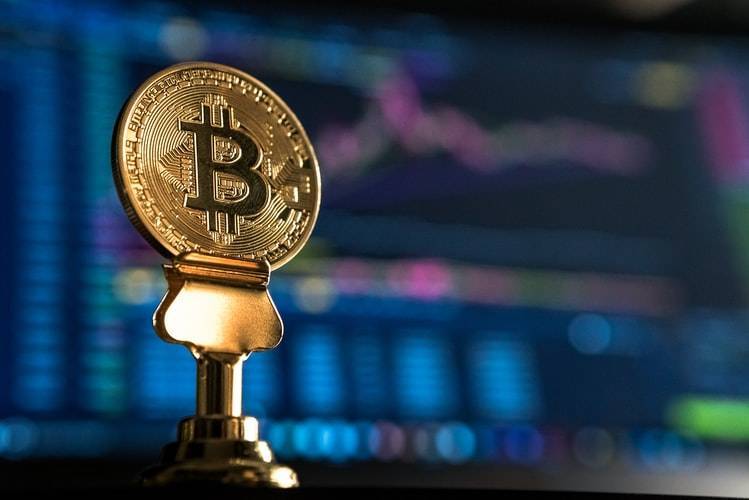Government-subsidized electricity in Argentina has made Bitcoin mining more attractive, as people look for ways to circumvent capital controls. Argentinians are using cryptocurrencies as a hedge against periodic economic crises, including a three-year recession exacerbated by the pandemic. Bitcoin miners in Argentina are capitalizing on the shortcomings of the Argentine economy to reap massive returns, particularly with the subsidized electricity.
While many countries have seen booms in cryptocurrency mining this year, the low cost of energy and the return of capital controls have boosted mining profits in Argentina. This is yet another example of Argentinians' enduring ability to bend unconventional policies to their favor, according to the SCMP, which was reviewed by Al Arabiya.
Nicolas Bourbon, an experienced digital currency miner from Buenos Aires, commented, "Even after the correction in Bitcoin's price, the cost of electricity for anyone mining from home is a small fraction of the total revenue generated." Cryptocurrencies have long been promoted in Argentina as a means for locals to hedge against periodic economic crises, including recurrent currency devaluations, defaults, and hyperinflation. The three-year recession has now worsened due to the pandemic.
In addition to cheap electricity, the recent return of foreign exchange controls has given Argentinians, who are banned from purchasing dollars, a greater incentive to mine cryptocurrencies. The increased demand for foreign assets has driven the value of Bitcoin to nearly 5.9 million pesos in the informal markets as of Sunday, compared to approximately 3.4 million pesos at the official rate.
High Revenues
Miners also benefit from the long-standing subsidy for residential electricity, a policy aimed at garnering political support from voters, which heightens tensions within the ruling leftist coalition. Despite being a net importer of gas, consumer electricity bills account for only 2% to 3% of the average monthly income, compared to about twice that in other Latin American markets such as Brazil, Colombia, or Chile.
Moreover, with an inflation rate of approximately 50% annually and currency restrictions allowing individuals to legally convert only $200 a month, the rising demand for any store of value exacerbates the depreciation of the peso in parallel markets, where it is now worth about 70% less than the official price. Bourbon stated, "The cryptocurrency generated by miners is usually sold at the parallel exchange rate, but the cost of energy is paid at the subsidized rate." He added, "Right now, revenues are very high."
Opportunity for Global Companies
Even international mining companies are beginning to sense opportunities in the country. Canadian company Bitfarms announced it secured a deal to draw up to 210 megawatts from a local power station that uses natural gas, in an effort to operate the largest Bitcoin mining facility in South America. Bitfarms president, Jeffrey Murphy, remarked, "We were looking for places that have overbuilt power generation systems." He added, "Economic activity has declined in Argentina, and energy has not been fully utilized, so it was a win-win situation."




